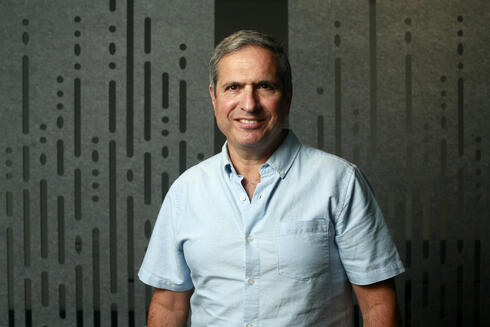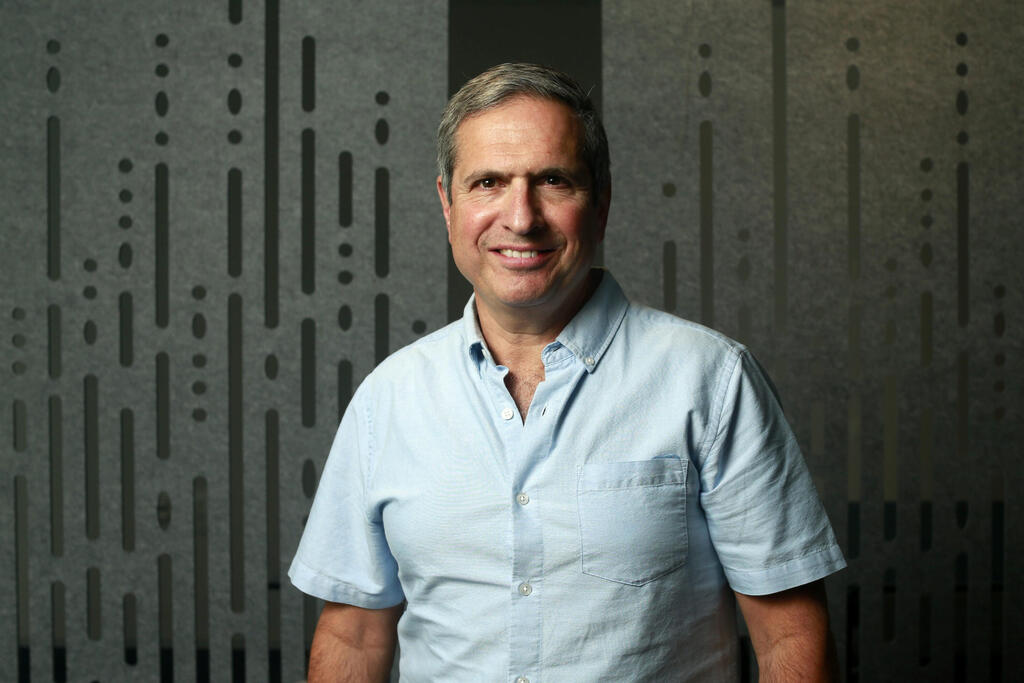
What went wrong at AnyVision? Lessons from a $352M flameout
Big investors, bold promises, and why the Israeli AI startup struggled to commercialize.
A little over five years ago, AnyVision was one of the most promising and intriguing names in Israeli high-tech. Operating in the hot field of computer vision—long before the letters "AI" became attached to nearly every startup—and boasting brilliant minds, AnyVision showed immense potential. Its promise attracted top-tier funds, from Lightspeed to SoftBank, which eagerly invested. The company raised an impressive $352 million. However, today, it turns out that this decade-old company generates only $10 million in annual revenue.
As a result, the investors—who rebranded the company as Oosto, replaced the management, and fired more than half the employees—have now thrown in the towel. They are selling it for $125 million. This price is primarily a way for investors to claim they broke even, even if no real profit was made.
The buyer is Metropolis, a private U.S.-based parking lot management company. Most of the transaction was conducted in Metropolis shares, leaving Oosto shareholders with an illiquid asset. Ironically, until a little over a year ago, Metropolis was financially smaller than AnyVision, having raised only $200 million. However, in a massive $1.7 billion fundraising round just over a year ago, Metropolis acquired a major competitor, expanding its workforce to 20,000 and significantly increasing its valuation. This allows AnyVision’s investors to say they sold the company to a billion-dollar entity.
AnyVision’s rise and fall encapsulates many of the broader challenges facing high-tech, both globally and in Israel. It’s a cautionary tale of a technology that failed to become a viable product and a management team that was overwhelmed by excess funding, unable to leverage it to develop a sustainable business model.
1. Great technology, no product
AnyVision was founded in 2015 by Prof. Shlomo Ben-Artzi, Prof. Neil Robertson, and Eilon Etshtein to develop facial recognition technology for various applications. A large proportion of its workforce today holds doctorates. The company quickly raised significant funding, achieving a $500 million valuation in its 2019 Series A round. At the time, the fields of machine vision and AI were far less mature than today, and the company’s promise of accurate biometric identification captivated investors, including Microsoft, which invested in AnyVision.
The easiest market to penetrate was the security sector, but this exposed AnyVision to allegations of unethical practices, including the use of its tools for monitoring and surveillance of Palestinians in the West Bank. These allegations caused significant reputational damage, prompting Microsoft to publicly withdraw its investment in 2019.
To distance itself from its controversial past, the company rebranded as Oosto and sought to expand into dual-use applications. It pursued opportunities in financial services, such as enabling customer identification for opening accounts at digital banks without needing to visit a branch. Other efforts included theft prevention systems, contactless entry solutions, and epidemiological investigations during the COVID-19 pandemic.
However, the products proved to be too expensive and not user-friendly enough—symptomatic of a common issue in Israeli high-tech: overly complex solutions to problems that can be addressed more simply and cost-effectively. The result? Despite early hype and claims of "500% revenue growth" in 2018 and 2019, AnyVision’s current annual revenue remains a modest $10 million. Metropolis’s plan to integrate AnyVision’s technology into parking lot management further underscores that the company lacked a sustainable business model as a standalone entity in the civilian market.
2. Technology ahead of its time
A common pitfall in Israeli high-tech is innovation that outpaces market readiness. AnyVision’s early promise earned it global recognition. Before the fallout from Microsoft’s divestment, AnyVision was not just a local success story but a global sensation.
Ironically, the company’s technology might be better suited to today’s market. In 2023, defense technology companies such as Anduril—an American startup specializing in cutting-edge defense solutions—have become investor favorites. Anduril raised $1.5 billion last year at a $14 billion valuation and recently secured a $14.3 billion Pentagon contract. AnyVision’s technology could have thrived in this current defense-focused environment, without the ethical controversies of 2019.
3. Big money doesn’t guarantee success
Unlike many startups, AnyVision never faced a funding crunch. By 2019, it had already secured a $500 million valuation, and in 2021, it raised $235 million in a round led by SoftBank and Eldridge. Investors included major names like Bosch and Qualcomm’s investment arm.
Despite this, the company failed to turn its technological capabilities into commercial success. In 2020, shareholder Avichai Stolero led the separation of AnyVision’s military activities, selling them to Rafael Advanced Defense Systems and forming a joint company. Later, Eilon Etshtein was replaced by external CEO Avi Golan, a former SoftBank partner. Golan spearheaded a massive fundraising effort, but even his leadership failed to spark the expected turnaround. Instead, AnyVision continued to shrink, with key management members departing.
4. The illusion of investor returns
The current deal benefits no one. Early investors, such as Bosch, exited the company after the reputational fallout, while those who invested at a $500 million valuation will see little return. Moreover, Oosto shareholders are receiving Metropolis shares instead of cash—shares in a company that itself raised massive funds only recently.
It is hard to believe that with fewer than 100 employees, AnyVision managed to burn through $352 million in funding over the years. It is possible that the company is arriving at Metropolis with some cash remaining, effectively subsidizing the buyer.
The main party salvaging this situation is the Eldridge fund, which holds stakes in both AnyVision and Metropolis. Eldridge orchestrated the latest fundraising and acquisition, following a growing trend among funds to "sell" struggling portfolio companies to other portfolio companies to avoid recording significant losses. Similar strategies were recently seen in the Cyberstarts fund, where Wiz acquired Dazz and Trail was sold to Sierra.
For SoftBank, this deal is yet another reminder of its often-questionable investment decisions. After heavily publicizing its large-scale 2021 funding rounds, SoftBank is now quietly offloading underperforming companies in an effort to minimize damage to its returns.














